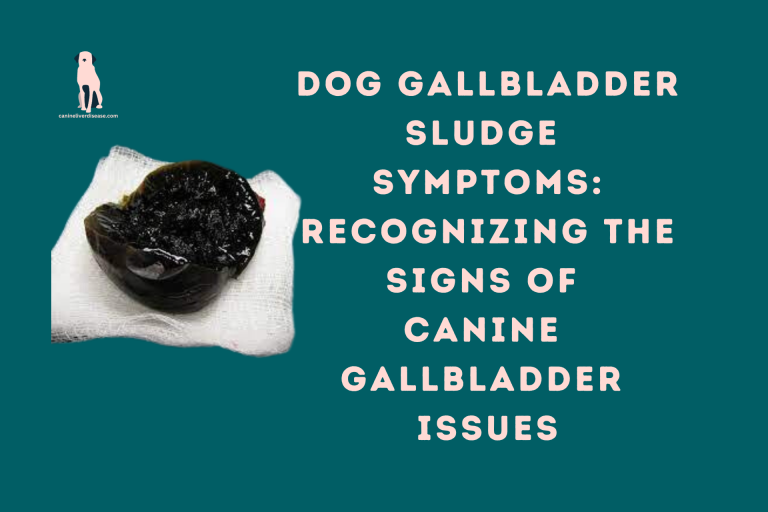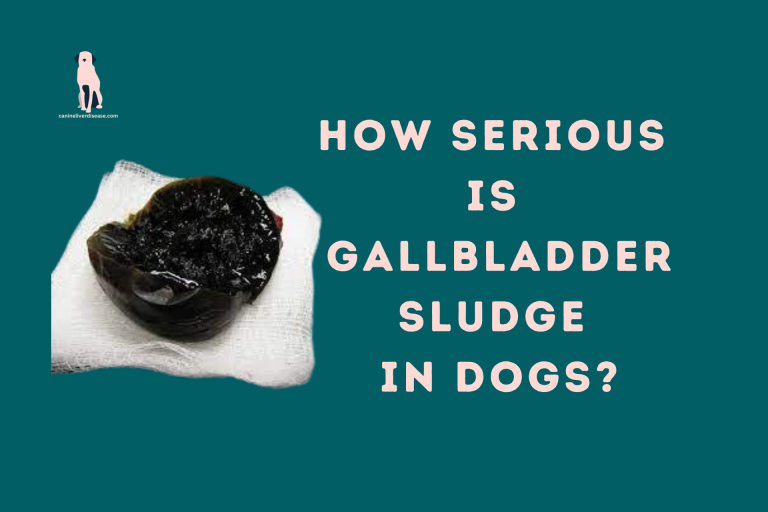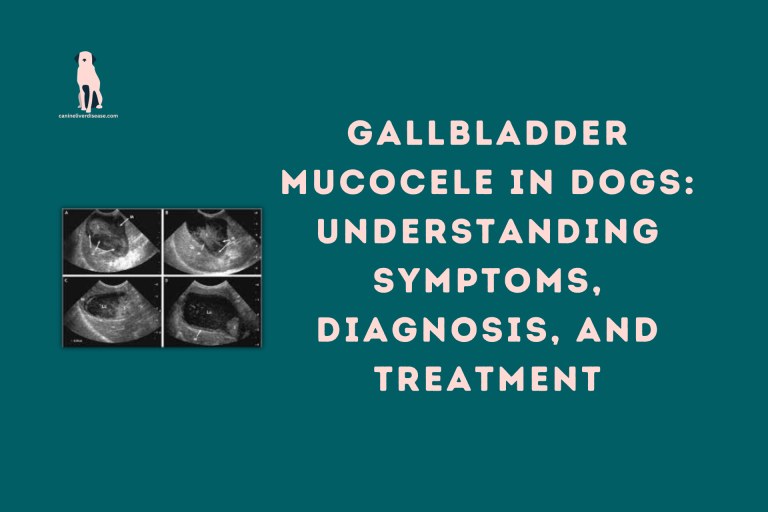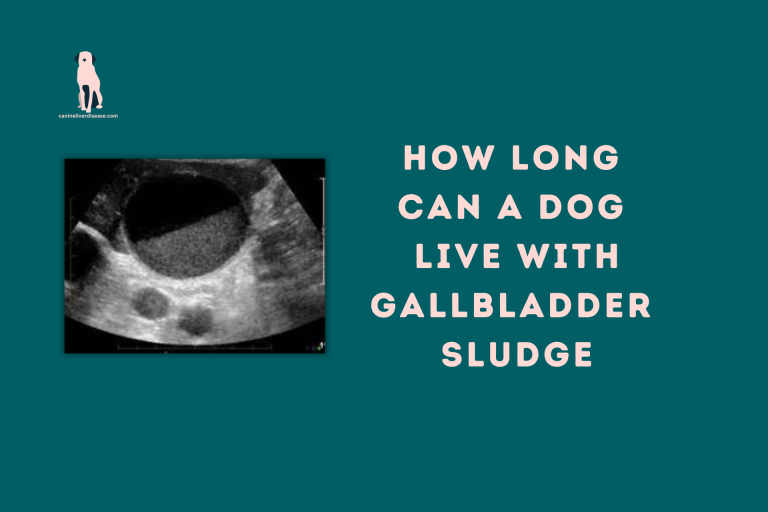What can I give my dog for gallbladder pain?
In the realm of pet care, one of the most critical aspects to consider is the well-being of our beloved canine companions. Dogs, being loyal members of our families, often suffer from various health issues, just like humans. Gallbladder pain is one such ailment that can affect our furry friends.
In this comprehensive guide, we, as experienced SEO and high-end copywriters, aim to provide you with valuable insights into how to alleviate gallbladder pain in dogs. Our goal is to offer expert advice that can outrank other websites and ensure your dog’s comfort.
Understanding Gallbladder Pain in Dogs
To effectively address gallbladder pain in dogs, it’s essential to first understand what causes this condition. The gallbladder is a small organ that plays a crucial role in digestion by storing bile produced by the liver. When the gallbladder becomes inflamed or experiences obstruction, it can lead to discomfort and pain for your canine companion.
Common causes of gallbladder pain in dogs include:
- Gallstones: Like humans, gallstones can form in a dog’s gallbladder, causing pain and discomfort.
- Gallbladder Infection: Infections in the gallbladder can lead to inflammation and pain.
- Dietary Factors: A dog’s diet can significantly impact gallbladder health. High-fat diets, for instance, can contribute to gallbladder issues.
Signs and Symptoms
Recognizing the signs of gallbladder pain in your dog is crucial for early intervention. Some common symptoms include:
- Vomiting
- Loss of Appetite
- Lethargy
- Abdominal Pain
- Yellowing of the Eyes and Skin (Jaundice)
If you observe any of these symptoms in your dog, it’s essential to consult with your veterinarian promptly.
Treatment Options
When it comes to addressing gallbladder pain in dogs, several treatment options can help alleviate their discomfort:
- Medication: Your veterinarian may prescribe medications to reduce inflammation and manage pain. Nonsteroidal anti-inflammatory drugs (NSAIDs) can be effective in many cases.
- Dietary Changes: Adjusting your dog’s diet may be necessary. A low-fat, high-fiber diet can help prevent gallbladder issues.
- Surgery: In severe cases, surgical gallbladder removal (cholecystectomy) may be recommended.
- Holistic Approaches: Some pet owners explore holistic remedies such as herbal supplements and acupuncture to manage gallbladder pain. Always consult with your veterinarian before trying alternative therapies.
Preventing Gallbladder Issues
Prevention is often the best approach to ensuring your dog’s gallbladder health. Here are some tips to help prevent gallbladder issues:
- Maintain a Healthy Diet: Opt for high-quality dog food that is low in fat and nutrient-rich.
- Regular Exercise: Keep your dog active to promote overall well-being.
- Regular Vet Check-ups: Schedule routine check-ups with your veterinarian to catch any potential issues early.
- Stay Hydrated: Ensure your dog has access to clean, fresh water.
- Weight Management: Keep your dog at a healthy weight to reduce the risk of gallbladder problems.
Can I Give My Dog Over-the-Counter Pain Medications for Gallbladder Pain?
It’s essential to consult your veterinarian before giving your dog any over-the-counter pain medications. Some human pain relievers can be toxic to dogs. Your vet can prescribe safe and effective medications for your dog’s condition.
Are There Any Home Remedies for Gallbladder Pain in Dogs?
While there are no specific home remedies for gallbladder pain, you can make dietary changes by providing a low-fat, high-fiber diet. However, it’s crucial to consult with your vet before significantly changing your dog’s diet.
Can Diet Alone Cure Gallbladder Pain in Dogs?
Diet plays a vital role in managing gallbladder issues but may not cure them entirely. In some cases, surgery or medication may be necessary for effective treatment. Always follow your veterinarian’s recommendations.
How Can I Prevent Gallbladder Pain in My Dog?
To prevent gallbladder pain, maintain a healthy diet for your dog, ensuring it’s low in fat. Regular exercise and weight management are also key factors. Routine vet check-ups can help catch potential issues early.
What Should I Do If My Dog Shows Symptoms of Gallbladder Pain?
If you notice symptoms like vomiting, loss of appetite, or abdominal pain in your dog, contact your veterinarian immediately. Early intervention is essential to address gallbladder pain effectively and ensure your dog’s well-being.
Conclusion
In conclusion, gallbladder pain in dogs is a condition that requires prompt attention and care. By understanding the causes, recognizing the symptoms, and exploring treatment options, you can help your furry friend find relief from discomfort. Remember, always consult your veterinarian for personalized guidance on managing gallbladder issues in your dog.






